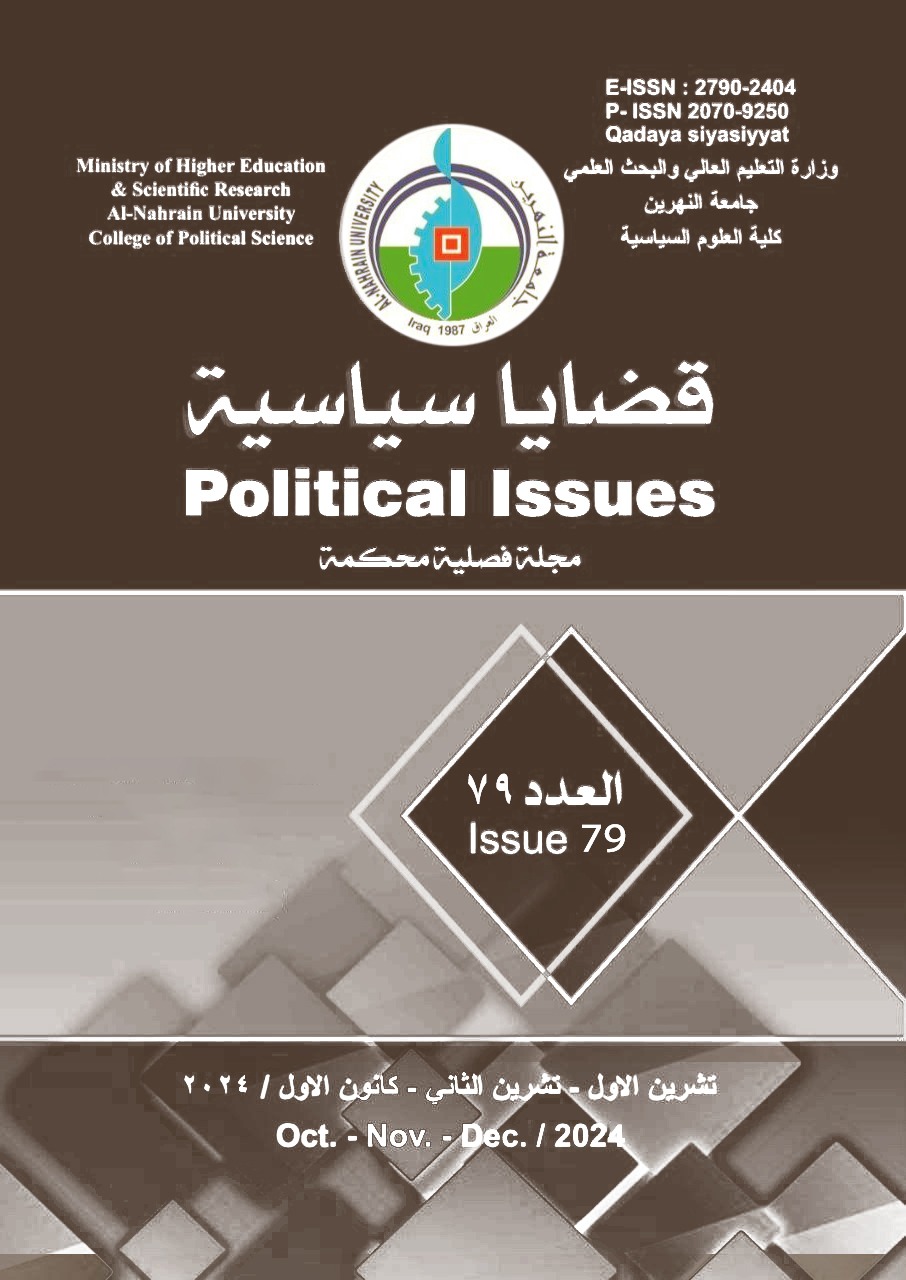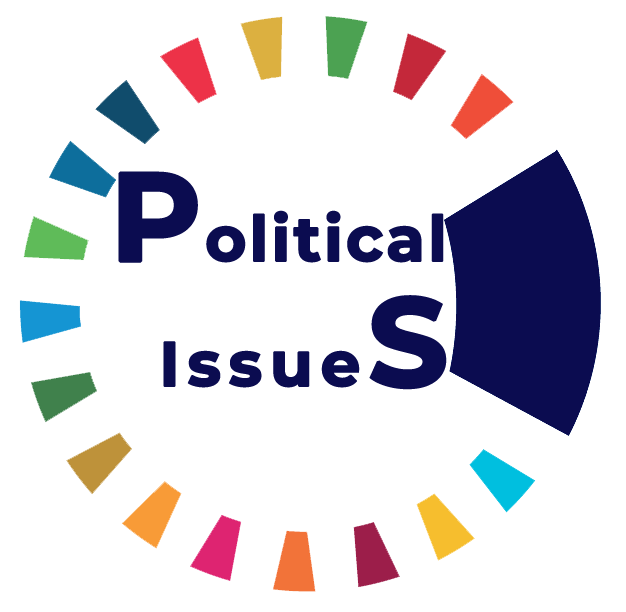West Africa Presidential Elections 2024Case Study (Senegal and Mauritania)
DOI:
https://doi.org/10.58298/792024624Keywords:
Elections, President of the Republic, Senegal, MauritaniaAbstract
The presidential elections in the West African region of Senegal and Mauritania were characterized by a democratic atmosphere, despite the problems that accompanied the electoral process before and after, in addition to the turbulent regional atmosphere characterized by the intensification of the conflict between international powers. The opposition candidate in Senegal (Passirou Diomaye Faye) was able to win in the first round, and this also applies to the victory of (Mohamed Ould Cheikh El Ghazouani) in deciding the competition in his favor in the presidential elections for a second term. Both countries face common internal and external challenges represented by the security challenge and the fight against rampant corruption in all aspects of the state, in addition to the political and economic reforms that the leaders of the two countries promised during the election campaign. The leaders of those countries also seek to liberate themselves from French dependency.
References
Abdel Rahman Kan and Mohamed Zakaria, Towards a New Era: Exploring the Future in Light of the 2024 Senegalese Presidential Elections, African Platform for Studies of Cultural and Social Trends, Policy Papers, April 2, 2024.
Abdul Rahman Kane, Senegalese Presidential Elections 2024: Postponed Elections and Political Crisis, African Follow-ups, King Faisal Center for Research and Islamic Studies, Riyadh, Issue 38, 2024.
Ahmadou El-Wadiah, Senegal: Dynamics of Alternation and its Expectations, Al Jazeera Center for Studies, Analytical Paper, Doha, April 3, 2024.
Additional Files
Published
Issue
Section
License
Copyright (c) 2024 علي سعدي عبد الزهرة

This work is licensed under a Creative Commons Attribution 4.0 International License.
This is an Open Access article distributed under the terms of the creative commons attribution (CC BY) 4.0 international license which permits unrestricted use, distribution, and reproduction in any medium or format, and to alter, transform, or build upon the material, including for commercial use, providing the original author is credited.






